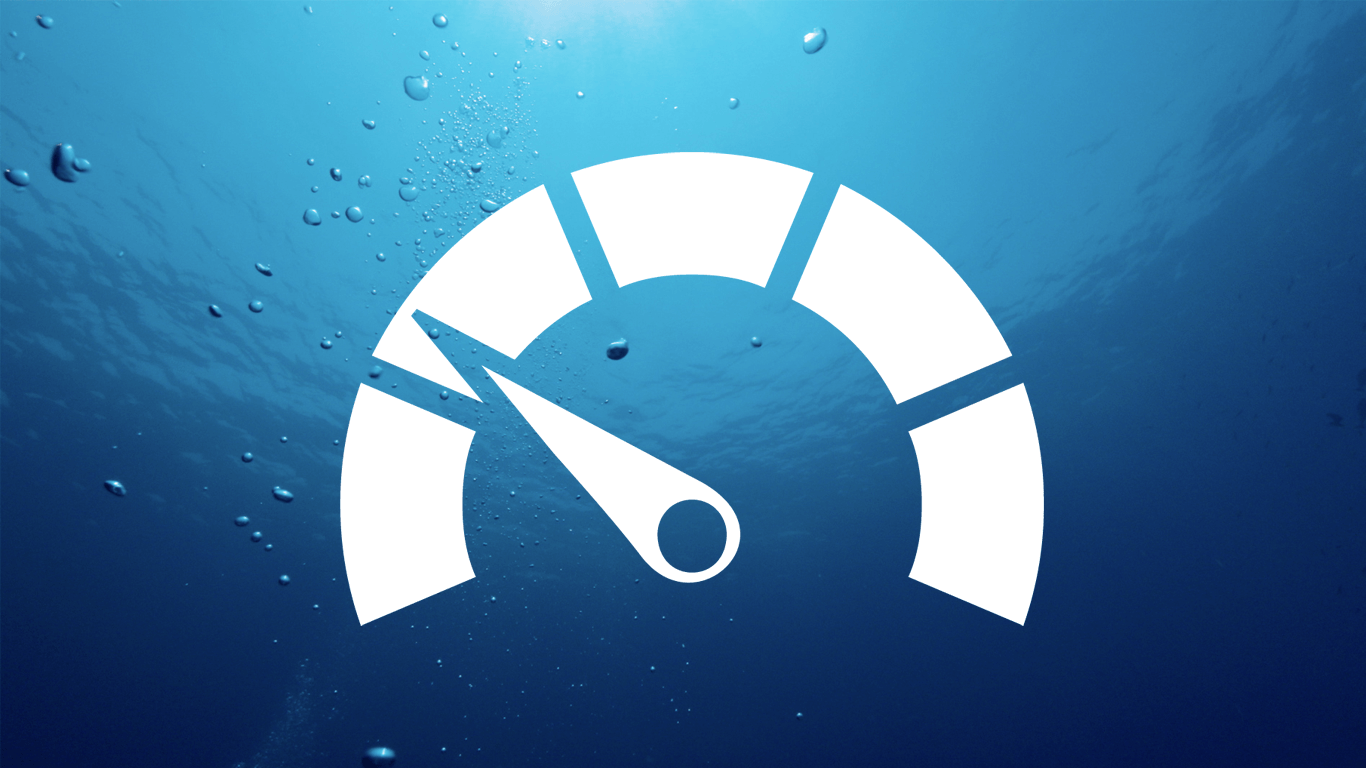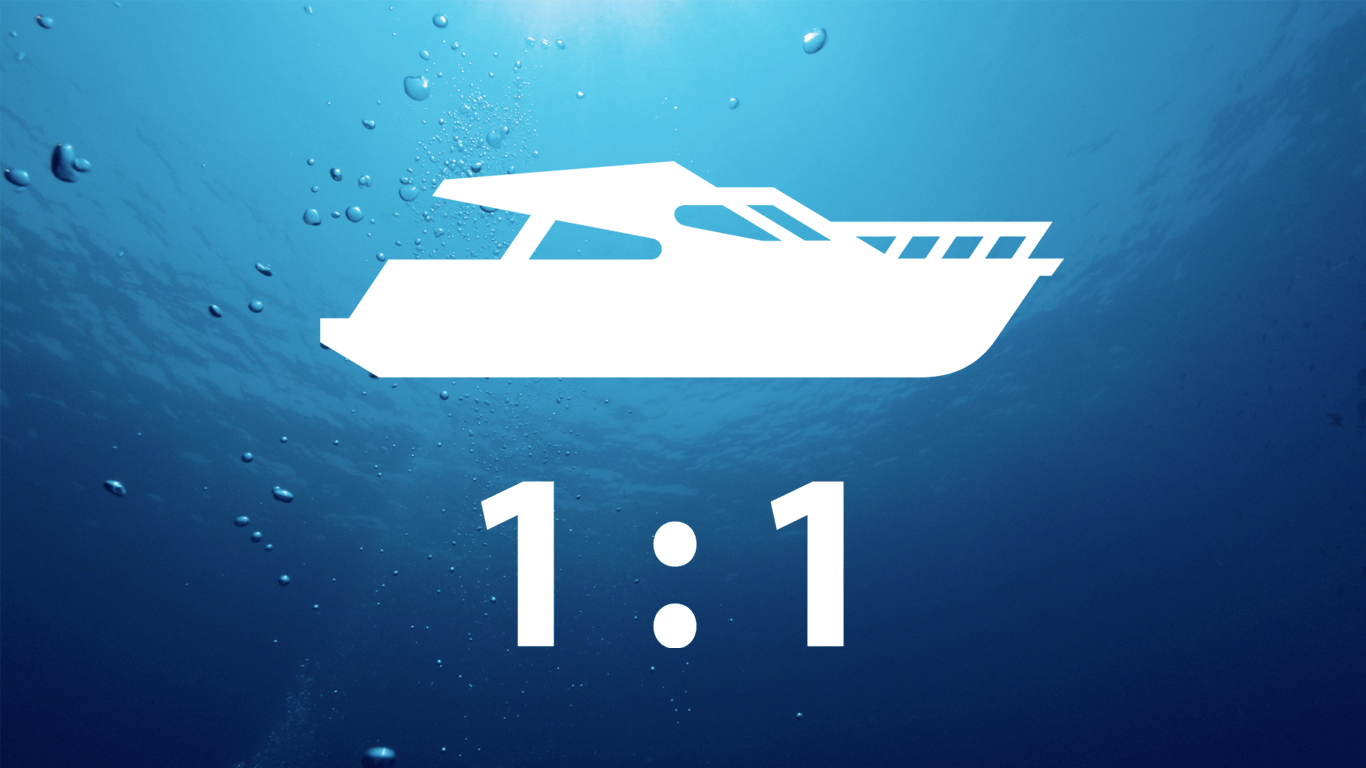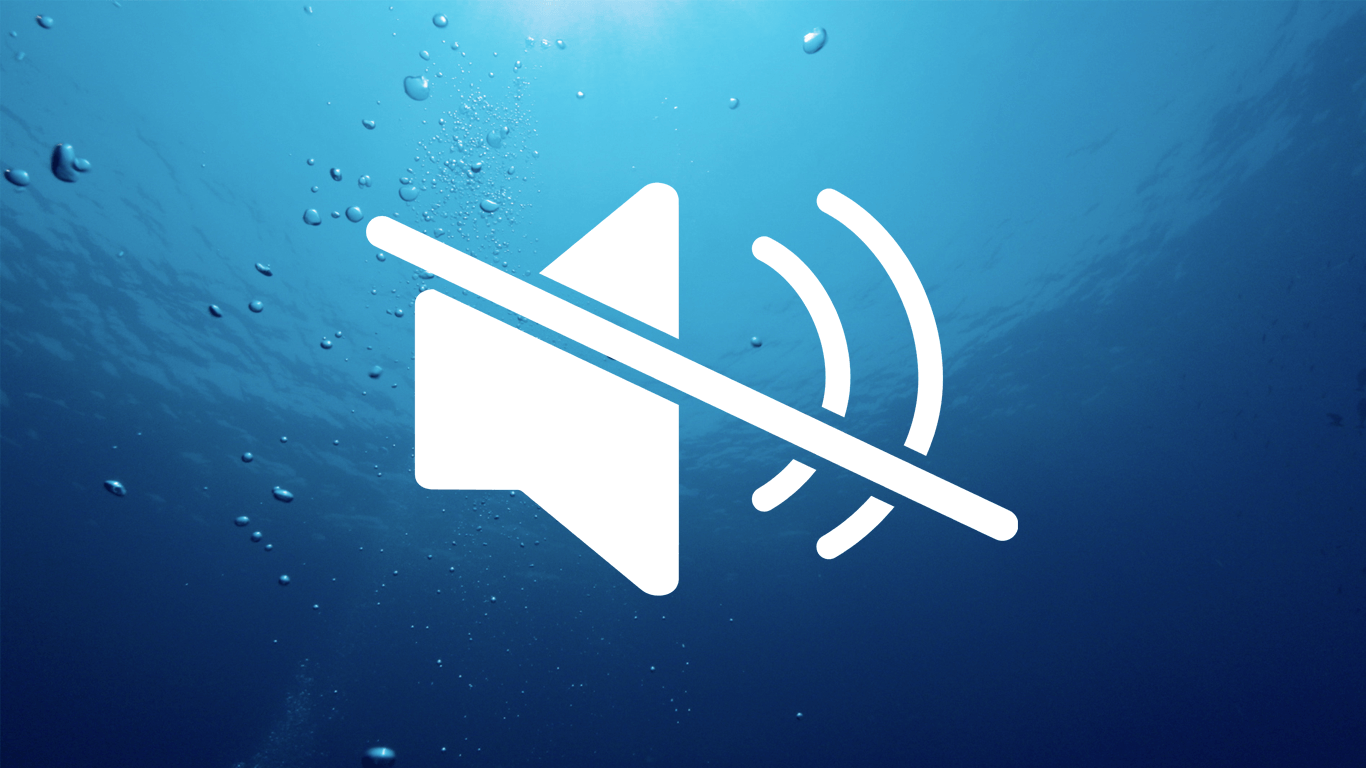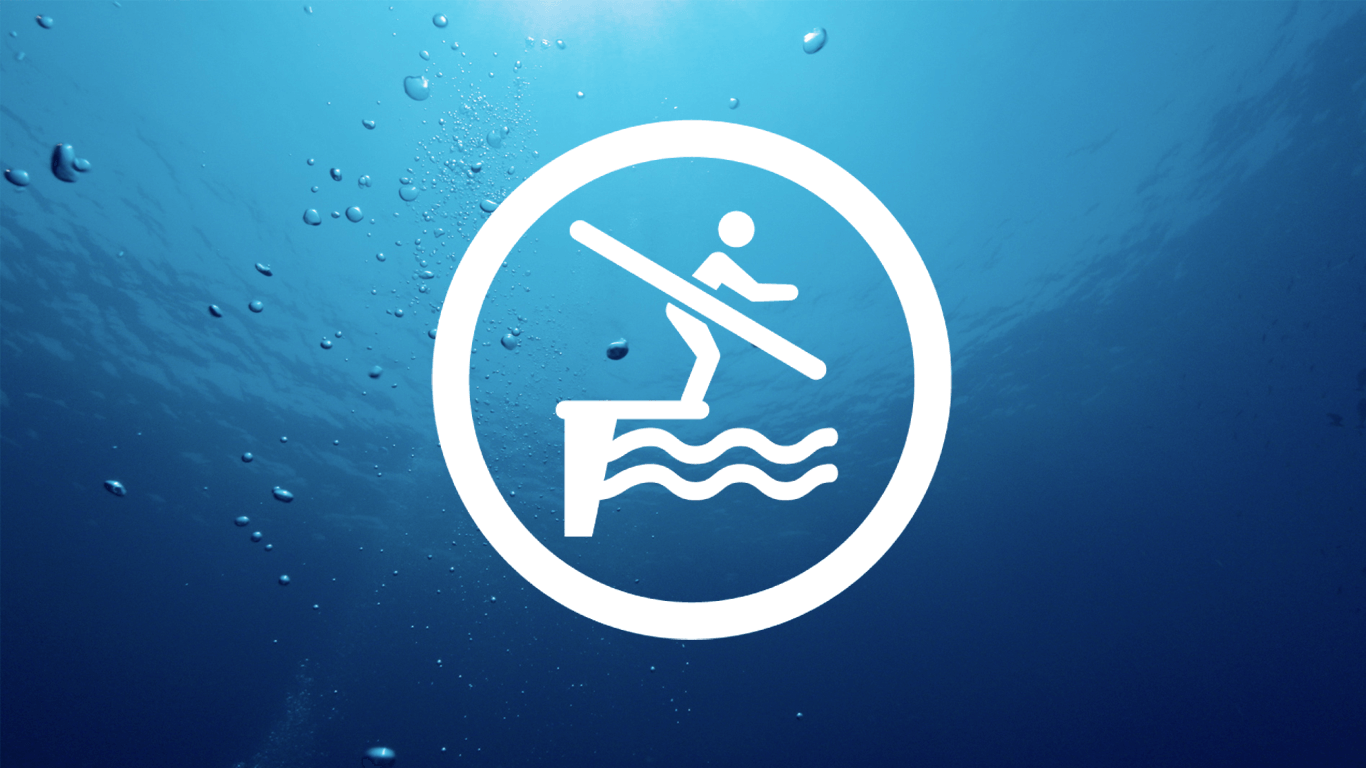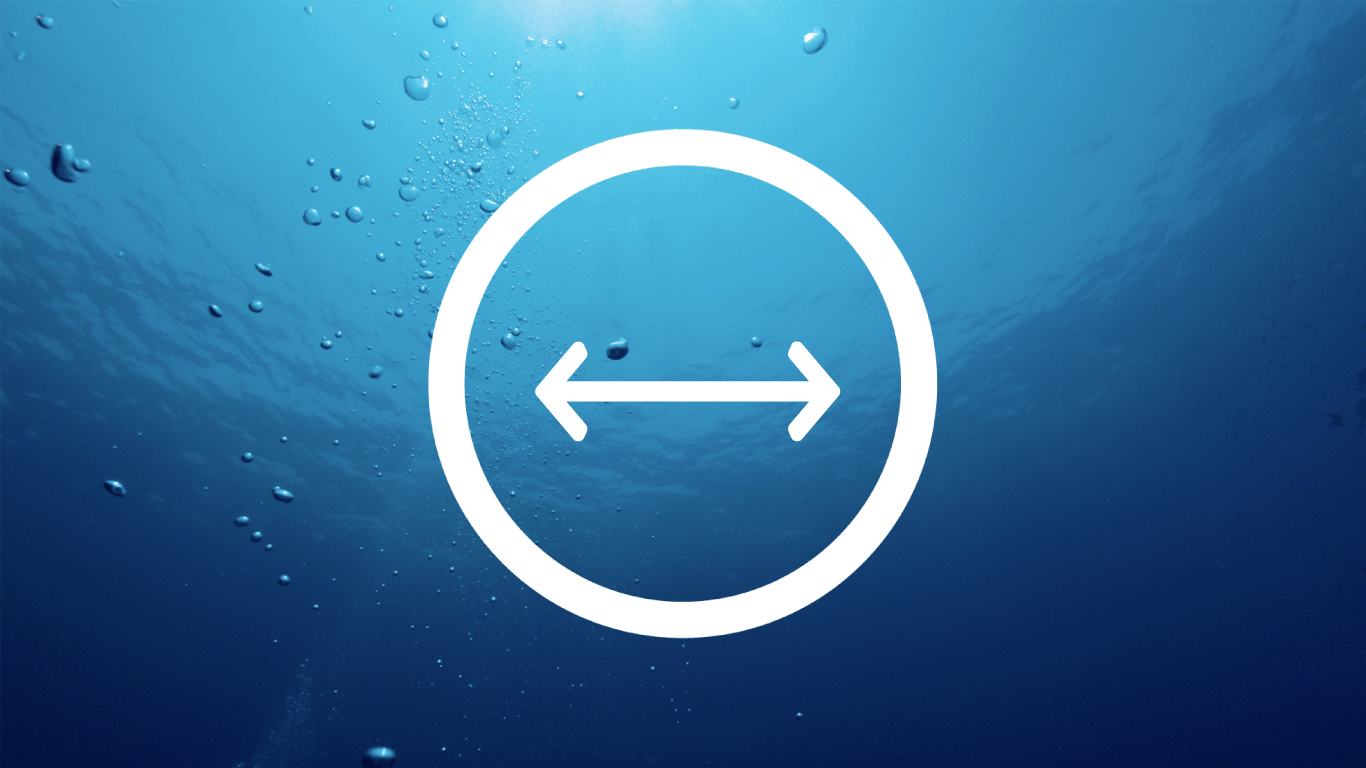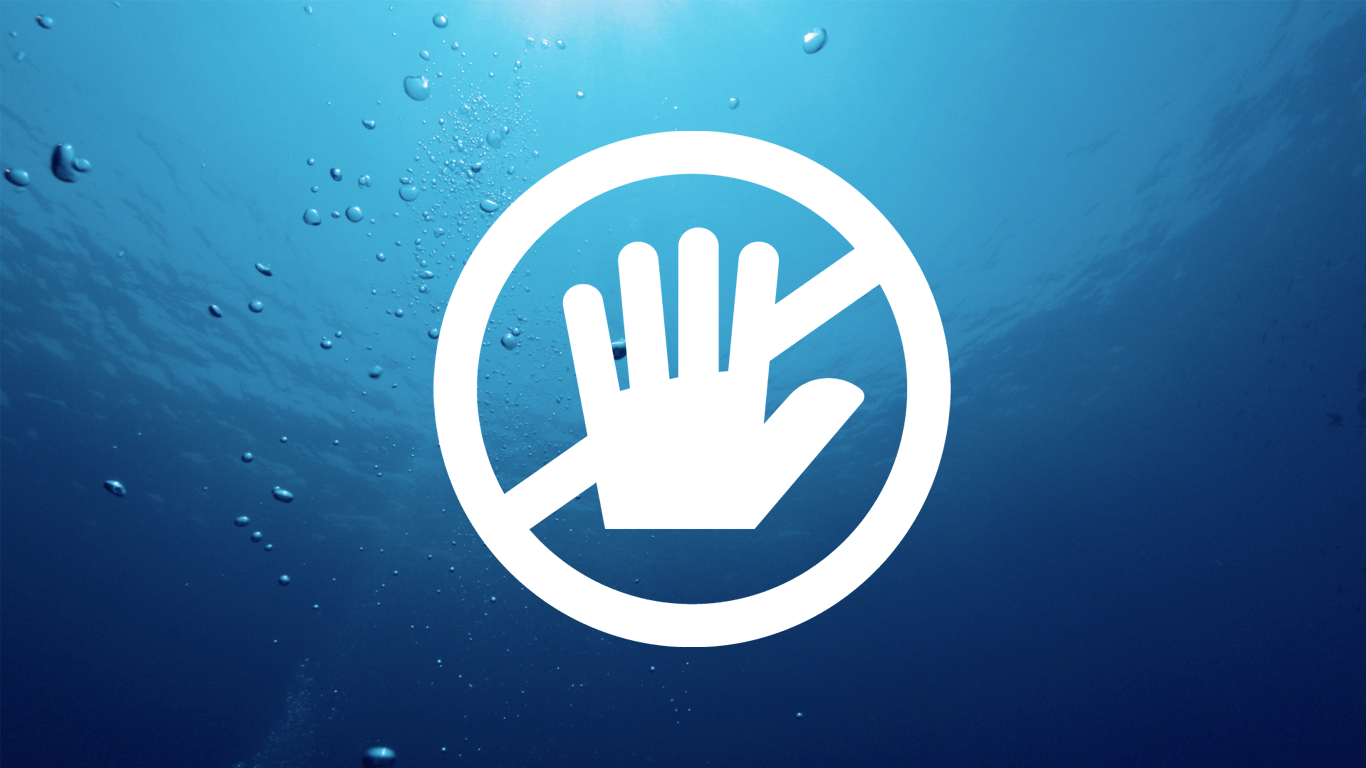WHALE SHARK CODE OF CONDUCT
THE GUIDANCE TO FOLLOW
After much consultation with local NGOs in each region we came up with clear guidance in video format that people should follow during a whale shark encounter, to mitigate their impact on the shark and enhance their experience.
This varies slightly in each region, but - they can be distilled down to 4 main principles.
SPEED, SOUND, SPACE, SUPPORT.
SPEED
Vessels should keep their speed low
(less than 10kts) and always have someone on-watch when passing through a whale shark site.
Rule of 1
Do not join an ongoing encounter. Follow the one shark to one vessel rule.
The more vessels that approach the less safe it will be for both people and sharks.
SOUND
Whale sharks are disturbed by noise.
Engines should be off or idle for your safety and the sharks.
Do not jump
When your guide tells you it is safe to do so, make a smooth, splash-free entry. Sudden movements and splashing can startle a whale shark and end an encounter before it has even begun.
SPACE
Give the shark space.
Keep at least 3m from the shark and increase this distance when nearing its swinging tail.
Position yourself midway along the shark
stay calm and keep your movements slow and splash-free. If you are lucky enough to witness a shark feeding in a vertical position do not swim within 5 meters of the shark. Allowing it to continue feeding undisturbed.
Don't obstruct the shark or cause it to change direction.
Never swim directly above, below, or in front of the shark.
Do not touch
This will always cause an immediate response from the shark, ending the encounter. It’s dangerous too, the shark may react forcefully putting yourself and the shark in danger.
Do not chase the shark.
Come back to the boat when the shark has swum away, the encounter should be allowed to end on the shark’s terms.
SUPPORT
Support Science: Take lots of photos!
Every whale shark is an individual and can be identified by its spot pattern.
You can submit your photos to the local research group, or enter them into the global whale shark database. This information can provide researchers with valuable data that can help to protect the sharks.
But please - if you are taking photos remember to turn your flash off.
Global - Sharkbook
Regional - Maldives Big Fish Network


